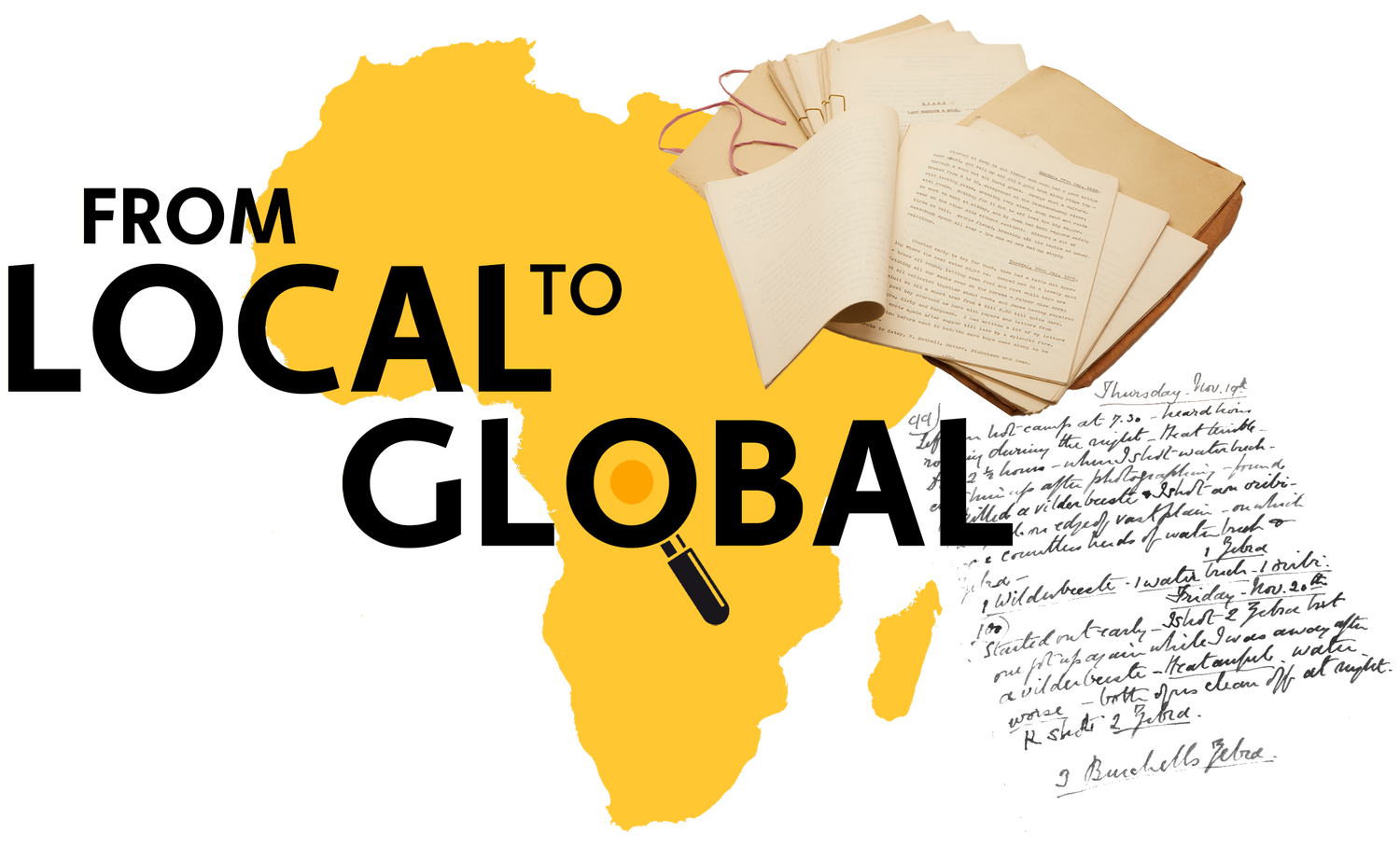Youth Reflection
By Furaha Mussanzi
On Saturday 4th February 2023 CRC Bradford brought along a delegation of 10 young people and members of the Congolese community to view the From Local to Global exhibition at Scarborough Museum and Galleries. Most of them are still fairly new to the UK, having only moved here no more than 5 years ago under the Resettlement Programme, a collaboration with the United Nations Refugee Agency (UNHCR) and the Home Office to resettle families who had lived in refugee camps for years, giving them a safe place to rebuild their lives from scratch. Moving to a new country, though exciting and adventurous comes with its many challenges such as facing multiple culture shocks, having to learn a new language, understanding new systems, making new friends, adjusting to a new way of life and much more. Some of them had never been to a museum before but were excited and thrilled to visit Scarborough Museums and learn something new. Having worked with them before through organising empowering workshops and training around themes such as identity, belonging and activism, I was keen to see what they would make of the exhibition.
After seeing the exhibition, we managed to sneak a quick trip to the beach of course before jumping back on the coach and as we made our way back to Bradford, I spent time interviewing each young person gathering their thoughts and impressions on what stood out to them and these are some of the key things that came out of our conversations. Harrison’s collections made some of them feel incredibly uncomfortable and especially shameful of the narrative Congo still carried today. Being young, black and a migrant carries layers of challenges and puts them in a box where they are sometimes easily judged or looked down on, strips away their identity and forces some to not want to be associated with anything to do with Congo because of its tattered history, and sadly, as the only black history they are taught in school focuses on slavery, colonialism and war, this makes them embarrassed and isolated. The young people identified the ‘takeaway’ messages from the exhibition as the story of how “Harrison killed animals and took things and became rich from it” and the sad frustrating reality knowing that “Congo is an amazing place, but we don’t get to see its beauty” and felt strongly a call to “teach people to respect Congo”.
All of the youth engaged really well and particularly loved going down to see the remaining collection and being able to touch and feel some of the objects was particularly fascinating to them. Most of them came into the UK with no physical cultural objects from home, so seeing the exhibition was also nostalgic, reconnected them with an aspect of their cultural identity and made them reflect on the reality in Congo, reminding them of their childhood, seeing the similar games the Bambuti kids were playing. As one youth perfectly put it, “identity and history need to be taught, so we can understand who we are”. A parent who also came along with the youth highlighted that, “It’s important to educate young people about their history. Britain benefits from Congolese resources and we need to inspire the next generation to know they have a voice and can make a difference and, in the future, can go back and rebuild their motherland”.
A few of the youth shared how they were moved to tears seeing how Bambuti tribe were treated by Harrison touring across Britain as human zoos and how they continue to face harsh discrimination and suffer even today. One of the youth said, “I could connect with what Bambuti people are going through, the pain and suffering” and felt a sense of “responsibility to do something, even though we don’t have that much power to make a difference”. There was a great sense of pride among most of the youth who felt proud to be where they are from and everything they saw, touched and felt in the exhibition meant so much and instilled a greater sense of confidence in them as one of the youth wonderfully summed it up, “we should have safe spaces to talk about our culture, we need to not be afraid to speak our own language, eat our food and wear our hair. Many young people feel out of place, they are trying to fit in, fear of being judged, peer pressure to look a certain way. We need to do something, stand together in unity to make a difference and find a way to help those in need with education, shelter, use our voices to raise awareness through media and social media.”


